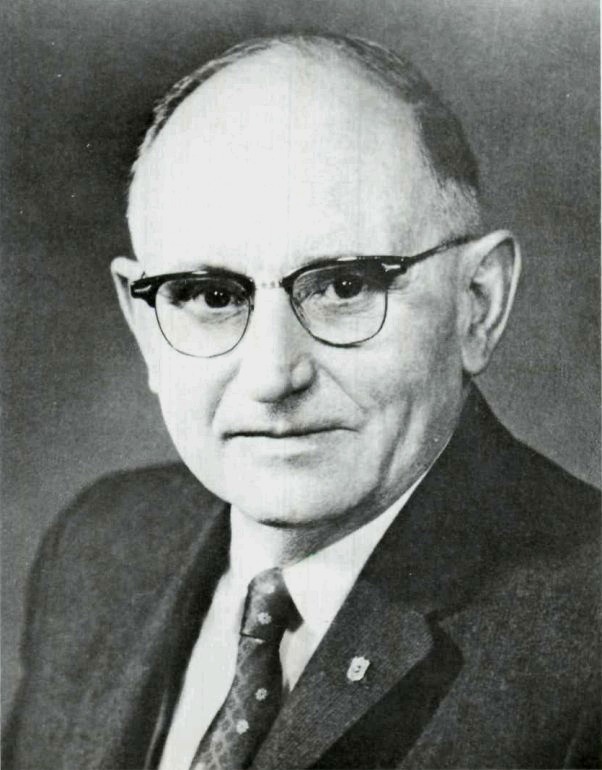Francis Case
| Francis H. Case | |
|---|---|

Francis H. Case
|
|
| U.S. Senator from South Dakota | |
|
In office January 3, 1951 – June 22, 1962 |
|
| Preceded by | J. Chandler Gurney |
| Succeeded by | Joseph H. Bottum |
| U.S. Representative for South Dakota's 2nd District | |
|
In office January 3, 1937 – January 3, 1951 |
|
| Preceded by | Theodore B. Werner |
| Succeeded by | E. Y. Berry |
| Personal details | |
| Born |
Francis Higbee Case December 9, 1896 Everly, Iowa |
| Died | June 22, 1962 (aged 65) Bethesda, Maryland |
| Political party | Republican |
| Alma mater |
Dakota Wesleyan University Northwestern University |
| Occupation | Journalist |
| Military service | |
| Service/branch |
United States Marine Corps United States Army |
| Battles/wars | World War I |
Francis Higbee Case (December 9, 1896 – June 22, 1962) was an American journalist and politician who served for 25 years as a member of the United States Congress from South Dakota. He was a Republican.
Case was born in Everly, Iowa, the son of Mary Ellen (née Grannis) and the Reverend Herbert Llywellen Case. He moved with his parents to Sturgis, South Dakota at the age of 13. After graduating from the public schools he attended Dakota Wesleyan University and Northwestern University graduating in 1920. During World War I he served in the United States Marine Corps, and subsequently he served in United States Army Reserve and the Marine Corps Reserve.
Immediately after finishing college he began a 15-year career as a newspaper editor. Until 1922 he was the assistant editor of the Epworth Herald in Chicago. From 1922 to 1925 he was the telegraph writer and editorial writer for the Daily Journal in Rapid City, South Dakota. From 1925 to 1931 he was the editor and publisher of the Hot Springs Star in Hot Springs, South Dakota. Finally from 1931 until he entered Congress he was the editor and publisher of the Custer Chronicle in Custer, South Dakota.
Case entered politics in 1934 when he ran for a seat in the United States House of Representatives but lost. In 1936, however, he was elected to the U.S. House and served in it for seven terms. Before the United States entered World War II he was a moderate supporter of isolationism. Case left the House in 1951 when he became a senator.
...
Wikipedia
